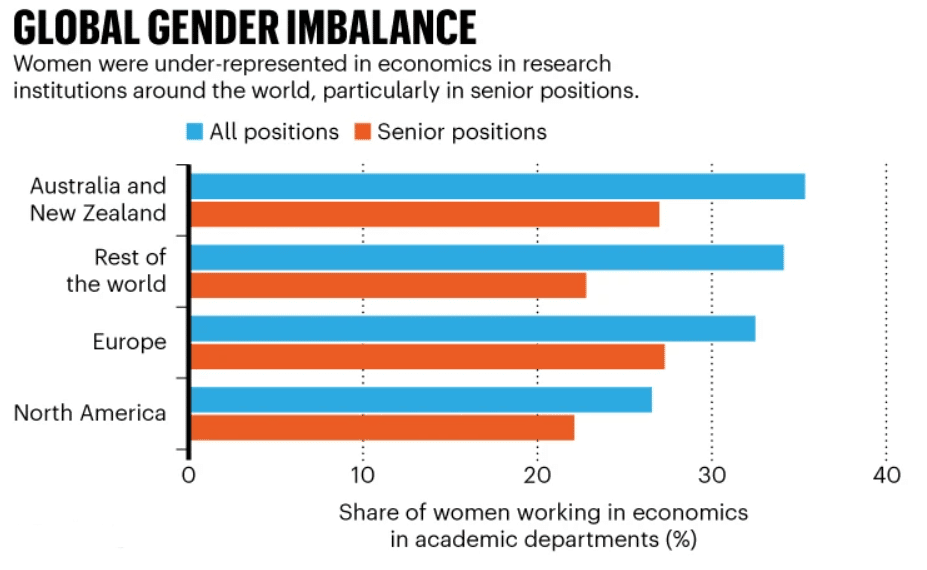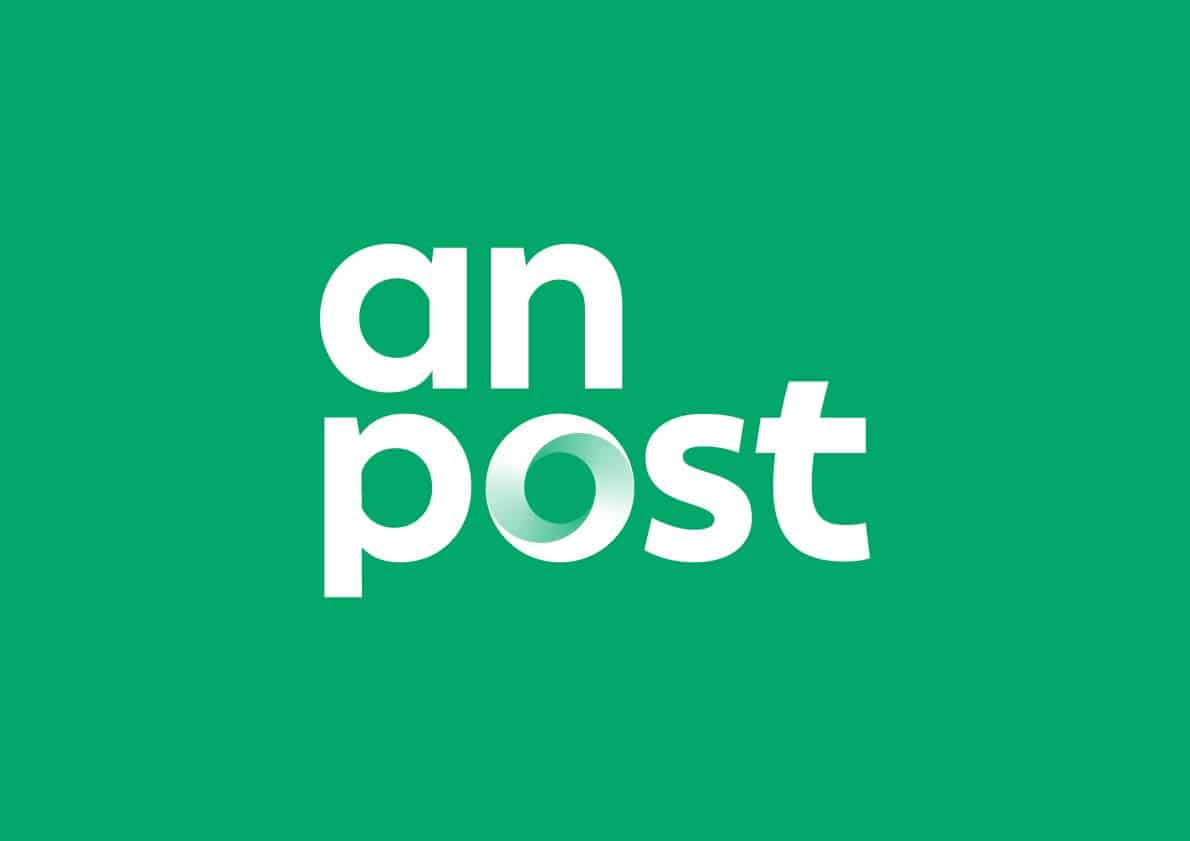Businesses in Ireland are, generally speaking, at the mercy of many different taxes. Tax levels normally occur in the National Budget, which will be published in December of each year.
It’s your responsibility, as the company owner, to ensure proper books and records are kept, your business is tax compliant and that tax returns are manufactured annually. Failure to take action can lead to fines in the proper execution of interest and penalties being put on unpaid and undeclared returns and the chance of publication of names of defaulters.
The key aspects of tax include:
- Income Tax – On the earnings of Sole Traders and Partnerships
- Corporation Tax – On the earnings of Limited Companies
- Value Added Tax (VAT) – All businesses with turnover in excess of €75,000 (goods) or €37,500 (services)
- PAYE/PRSI – Businesses having employees, including owner/ directors
VAT Rates
The rates of VAT in force at present are 4.8% (on livestock), 9%, 13.5%, and 23% with regard to the goods or services in question. Certain goods and services are exempt from VAT. Generally speaking, persons supplying such goods and services e.g. schools, universities, and hospitals, are treated to be exempt for VAT purposes.
Tax Registration
As a small business owner, you’re in charge of registering your company for tax purposes with the Revenue Commissioners, you will have different forms to accomplish with regard to the kind of business entity you are likely to establish. Visit www.revenue.ie for further information.
Rates of Corporation Tax
- 12.5%: Trading income (see Guidance on Revenue Opinions on the Classification of Activities as Trading).
- 25%: Non-trading income [includes income chargeable under Case III (e.g. discounts, interest, foreign income), Case IV (patent royalties, miscellaneous income) and Case V (rental from land and buildings in the State) of Schedule D]. Also included only at that rate is income from activities that include working minerals, petroleum activities and dealing in, or developing, apart from construction operations.
Calculating Tax Due
When starting your company it is essential to comprehend the taxes that should be paid and what expenses are allowable for tax purposes. Because of the difference in treating certain items for accounting and for tax purposes, there’s often a substantial difference involving the profit attained for accounting purposes and the quantity that’s liable to tax. The reason being items that can be allowable for the purposes of calculating your accounting profits might not be allowed for tax purposes. The main element expenses which can be allowed and disallowed in calculating the taxable profits of someone or a company range from the following.
Allowable Expenses
You are able to claim any business expenses that you simply have incurred to be able to earn your profits. These expenses are normally called revenue expenditures.
Revenue expenditure is the day-to-day running costs and covers such items as:
- Purchase of goods for resale
- Wages, rent, rates, repairs, lighting, heating, etc.
- Running costs of vehicles or machinery used available
- Accountancy fees
- Interest paid on any monies borrowed to finance business expenses/items
- Lease payments on vehicles or machinery used are available
If you’re registered for VAT the expenses you claim must certainly be exclusive of VAT.
Disallowable Expenses
The typical rule is that you can’t claim for almost any private expenses, such as for example:
- Any expense is not wholly and exclusively taken care of for the purposes of the trade or profession
- Any private or domestic expenditure e.g. your personal wages, food, clothing (except protective clothing), income tax, etc.
- Business entertainment expenditure i.e. the provision of accommodation, food, drink, or some other type of hospitality.
Motor Expenses
You are able to claim a discount for the running expenses of a motor vehicle employed for business purposes.
Expenses
Where expenditure is incurred by both business and private use, only that part associated with your company will soon be allowed for tax purposes. Examples include rent, electricity, telephone charges, heating oil, etc., and the place where a business is operated from the home. These expenses should be apportioned to exclude the component of private use.
Private Use of a Motor Vehicle
If you use an automobile for both business and personal use, a division of both capital allowances (wear and tear) and running expenses must be made. To ensure this split could be properly calculated, you should keep records of one’s total mileage for the entire year and the full total amount of miles traveled for business purposes. Journeys between your house and regular office are treated as personal and not business.
Capital Expenditure
‘Capital Expenditure’is the definition of fond of investment property on acquiring or altering assets which can be of ‘lasting use within the business. For the purchase, alteration, or fit-out of business premises, the purchase of plant, machinery, and vehicles. You can’t deduct the expense of this sort of expenditure from taxable profit.
You are able to claim capital allowances on capital expenditure incurred on items such as for example office equipment, business plant and machinery, vehicles and certain buildings (for example, industrial buildings).
Taxable Income
Taxable profit is attained by adjusting your net profit figure for almost any components of expenditure that can be disallowed for tax purposes and also adjusting for capital allowances. This is actually the figure that’ll be charged to tax. When it results in a loss, this might be set against other taxable income or carried forward to be offset against future profits.




